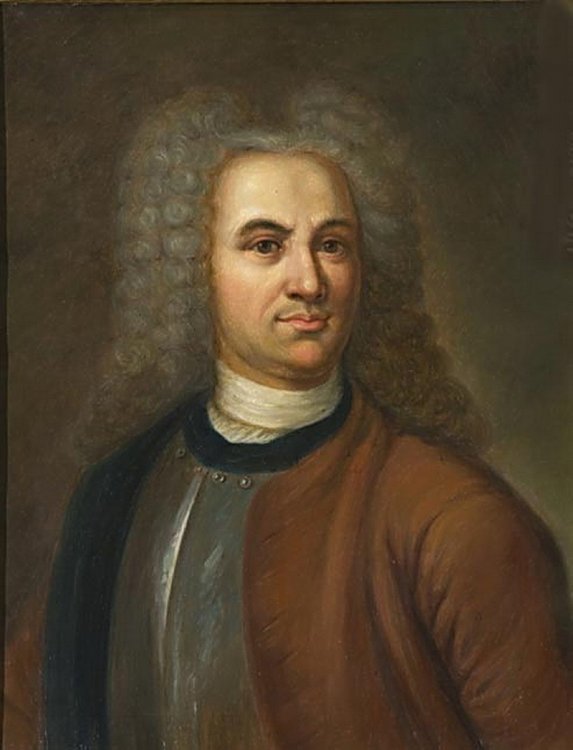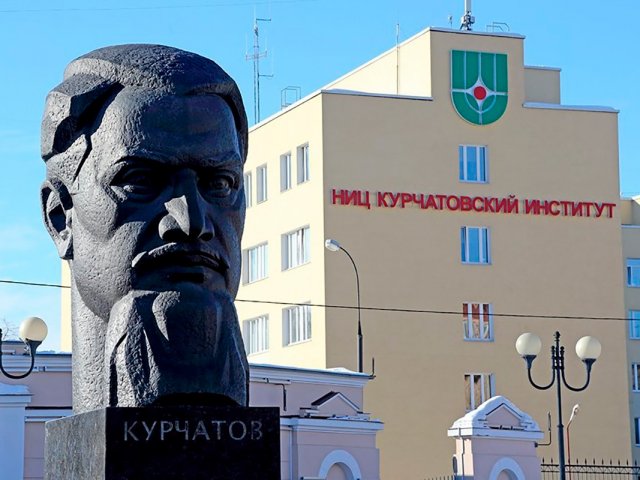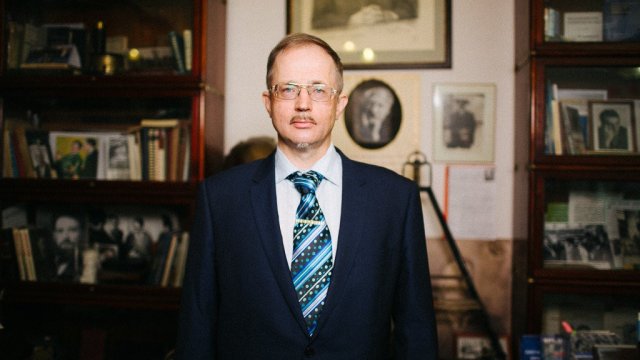Official:
Vasily Nikitich Tatishchev. 19 (29) April 1686 – 5 (26) July 1750. Russian historian, geographer, economist and statesman, author of the first major work on Russian history. Founder of Stavropol (now Tolyatti), Yekaterinburg, and Perm. He proposed to draw the border between Europe and Asia along the Ural Mountains.
Life and Work:
1. Located between Europe and Asia, Russia belongs to geography rather than history, said the Russian philosopher and publicist Pyotr Yakovlevich Chaadaev. These words were refracted in an unusual way in Vasily Tatischev’s biography. Having taken up geography on Tsar Peter the Great’s order, Vasily Nikitich wrote Russian history.
2. Russian History from the Most Ancient Times By His Tireless Efforts Thirty Years Later Collected and Described by the Late Privy Councilor and Astrakhan Governor Vasily Nikitich Tatishchev – this is how the first edition of the book, which became the most important work of Russian historiography, was titled.
3. However, all activities of the ancient Rurik family’s descendant cannot be narrowed down to history and geography. Vasily Tatishchev was multitalented just like Lomonosov.
4. Three lines are not enough to list all Tatishchev’s activities: a statesman, a diplomat, an economist, a mathematician, a mining engineer, a geographer, a naturalist, an ethnographer, a collector of antiquities, an archaeologist, a linguist, a publicist, a philosopher, an educator. And also, the founder of several large and notable cities – Yekaterinburg, Perm and Stavropol, now renamed Tolyatti.
5. It was Tatishchev who proposed to call the Stone Belt the Urals and draw the border between Europe and Asia along it.
6. An equestrian monument was erected to Vasily Nikitich Tatishchev in Tolyatti. And, by the way, on merit: in his youth, he served in a dragoon regiment.
7. A descendant of the minor branch of the princes of Smolensk, who had lost the princely title long ago, he began his career at the age of seven. The young Vasily, who was granted the title of stolnik [pantler], served at the court of Tsar Ivan Alekseevich until his death in 1696.
8. In the battle of Poltava, Tatishchev distinguished himself and was wounded, in his own words, “near the sovereign.”
9. After the Prut campaign, the twenty-five-year-old Tatishchev was sent, as was customary at the time, to obtain knowledge abroad. In Berlin and Dresden, he mastered engineering and artillery, and also Tatishchev bought lots of books on various sciences.
10. In the intervals between foreign trips Tatishchev dealed with the affairs of his estate. In summer of 1714, he married a young widow, Avdotya Vasilyevna Andreevskaya. This not very happy marriage produced two children – Eupraxia and Evgraf.
11. Upon his return to Russia, Tatishchev was appointed to serve under the famous associate of Tsar Peter, Jacob Bruce. It was Bruce who addressed the issue of the land survey of the entire state and the detailed study of the Russian geography. Upon the tsar’s consent he entrusted this work to Tatishchev.
12. However, Vasily Nikitich saw the connection between history and geography and immediately got interested in collecting historical information about Russia, considering it a priority.
13. Vasily Tatishchev was not allowed to shut himself up in a quiet room. The tsar had another important assignment, which turned the historian and geographer into an industrialist, engineer and manager. Tatishchev was sent to the Urals “in the Siberian Province on Kungur and in other places, where convenient places will be found, to build plants and melt silver and copper from ores.”
14. Tatishchev coped with the royal commission: he founded the plants and cities. Under Catherine I, he studied mining in Sweden; under Anna Ioannovna, he undertook to improve the Russian coin system, but did not get along with Biron and was again sent to the Urals “to multiply” factories. Indeed, the factories multiplied: Tatishchev’s efforts increased their number to forty.
15. Bad relations with Biron and complaints about Tatishchev led to establishing a board in St. Petersburg to investigate these complaints. Tatishchev was sentenced to deprivation of rank and imprisonment in the Peter and Paul Fortress.
16. Fortunately, the sentence was never executed. This year, which was very hard for Tatishchev, he wrote Spiritual Will to My Son. There, he summarized his life experience and gave his son advice on how to make a career, how to choose a wife, collect a library, study science, respect parents, and so on. In conclusion, Vasily Nikitich wrote: “Let the spider loose its poison; but you, like a bee, take honey from the same flower for yourself for spiritual and bodily sweetness, which I wish you and all the well-willed. I remain with my parental love – Vasily Tatishchev.”
17. Under Elizabeth Petrovna, he ruled the Astrakhan Province and only by the end of his life managed to finish his monumental historical work. It was published under Catherine the Great.
18. Apart from the Russian History..., the list of Tatishchev’s most significant works includes an incomplete explanatory dictionary titled Russian Historical, Geographical, Political, and Civil Lexicon. Tatishchev managed to get only to the word kluchnik; however, his dictionary includes religious, commercial, military and architectural vocabulary, geographical names, and much more.
19. Apart from Tolyatti, a monument to Tatishchev was erected in Yekaterinburg. It depicts him together with Georg Wilhelm de Hennin, a remarkable Russian engineer, a specialist in mining and metallurgy, and an associate of Tatishchev in the founding of the Ural capital.






















